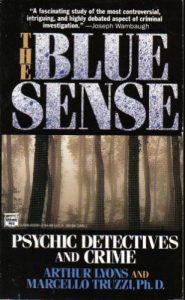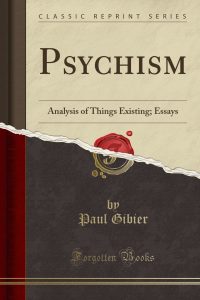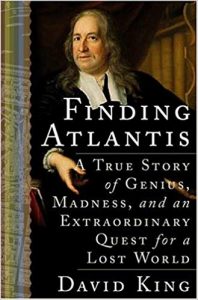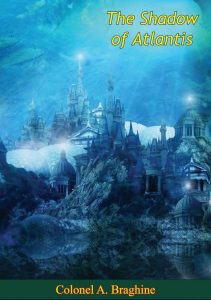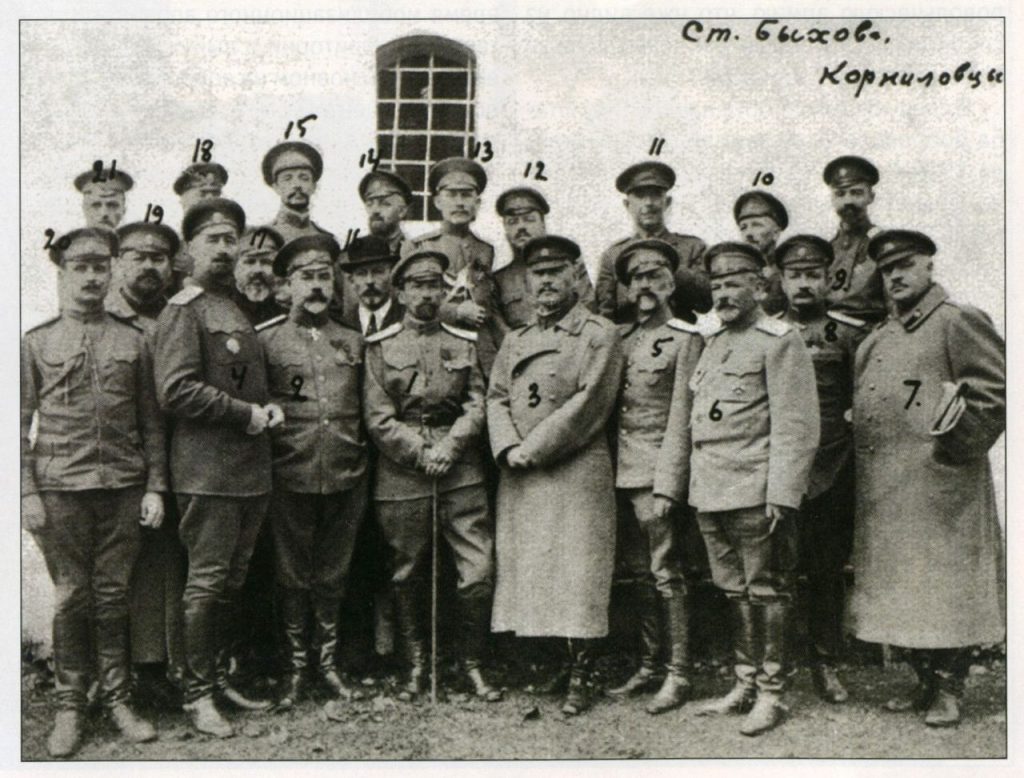The Blue Sense, Psychic Detectives and Crime
The Blue Sense, Psychic Detectives and Crime, by Arthur Lyons and Marcello Truzzi, was published by The Mysterious Press, Warner Books, in 1991 and 1992.
The Blue Sense has 377 pages of exhaustive research that thoroughly covers the subjects of psychism and psychic crime detection at the end of the twentieth century. It is important to acquire some understanding of the two authors who took on this enormous task.
Arthur Lyons (1946-2008) was a successful crime novelist. His books featured an investigative reporter named Jacob Asch. From a blog site (referenced below), Lyons described Asch: “You’ll never find Asch doing anything unlikely. He will not usually find stuff through coincidence. He’s a plodder. That’s what private detection is, going through papers. All of Asch’s cases come out of paper. He works with paper more than he does people…”
Marcello Truzzi (1935-2003) was a sociology professor at Eastern Michigan University. His work confirms that the science of sociology is an integral component in understanding The Blue Sense. Truzzi had been a founding co-chairman of CSICOP (Committee for the Scientific Investigation of Psychic Claims) but left this organization because positive paranormal research was excluded. When he began his independent work, he started a journal that he called The Zetetic Scholar, with zetetic (related to the ancient Pyrrhonist philosophy) offered as a substitute for the word skeptic. He later established The Center for Scientific Anomalies Research (CSAR), and according to a paragraph preceding the Notes section of The Blue Sense, the CSAR “began its psychic sleuths project in 1980.”
Perhaps the best answer as to why the authors of The Blue Sense decided to take on the task of determining the value of psychic detection for law enforcement can be found in Chapter One of the book, titled Blue Sense or Nonsense? The first chapter opens with an account of the assistance that psychic Greta Alexander gives to Alton Illinois Detective William Fitzgerald, as a “last-ditch desperation effort” in a frustrating case for which the time allowed by state law for trial was nearing expiration. This case involved the disappearance of a woman in her late twenties who was last seen in the company of her boyfriend. “Alexander, who claims to have received her powers of second sight after being struck by lightning,” was successful, and Detective Fitzgerald cited twenty-two hits Alexander had made concerning the finding of the victim’s body.
Later in the opening chapter, the authors explain the use of the term Blue Sense. “The ‘blue sense,’ named after the common color of police uniforms, is that hunch that sends a cop back to that gas station or alley; that feeling of impending danger … that unknown quantity in the policeman’s decision-making process, the heightened sense of intuition that goes beyond what he can see and hear and smell. Because the blue sense specifically relates to the practical application of this unknown faculty to law enforcement, we have chosen to extend the term to cover all those persons – police or non-police – who use psychic powers to solve crimes.”
Some of the chapters that follow are titled: Psychic Sleuths in History; Science Fact or Science Fiction? The Search for Legitimacy; Lies, Fraud, and Videotape: Lessons from the Pseudo-Psychics; Psychic Success Stories; The Spook Circuit: Psychic Espionage; The Blue Sense and the Law: What Lies Ahead? Two chapters detail the cases of Gerard Croiset (Gerard Croiset: The Scrying Dutchman) and Peter Hurkos (Peter Hurkos: The Clown Prince?) offering substantial evidence that both these psychics were fraudulent, while they did have some “hits” that worked to their advantage. More »
